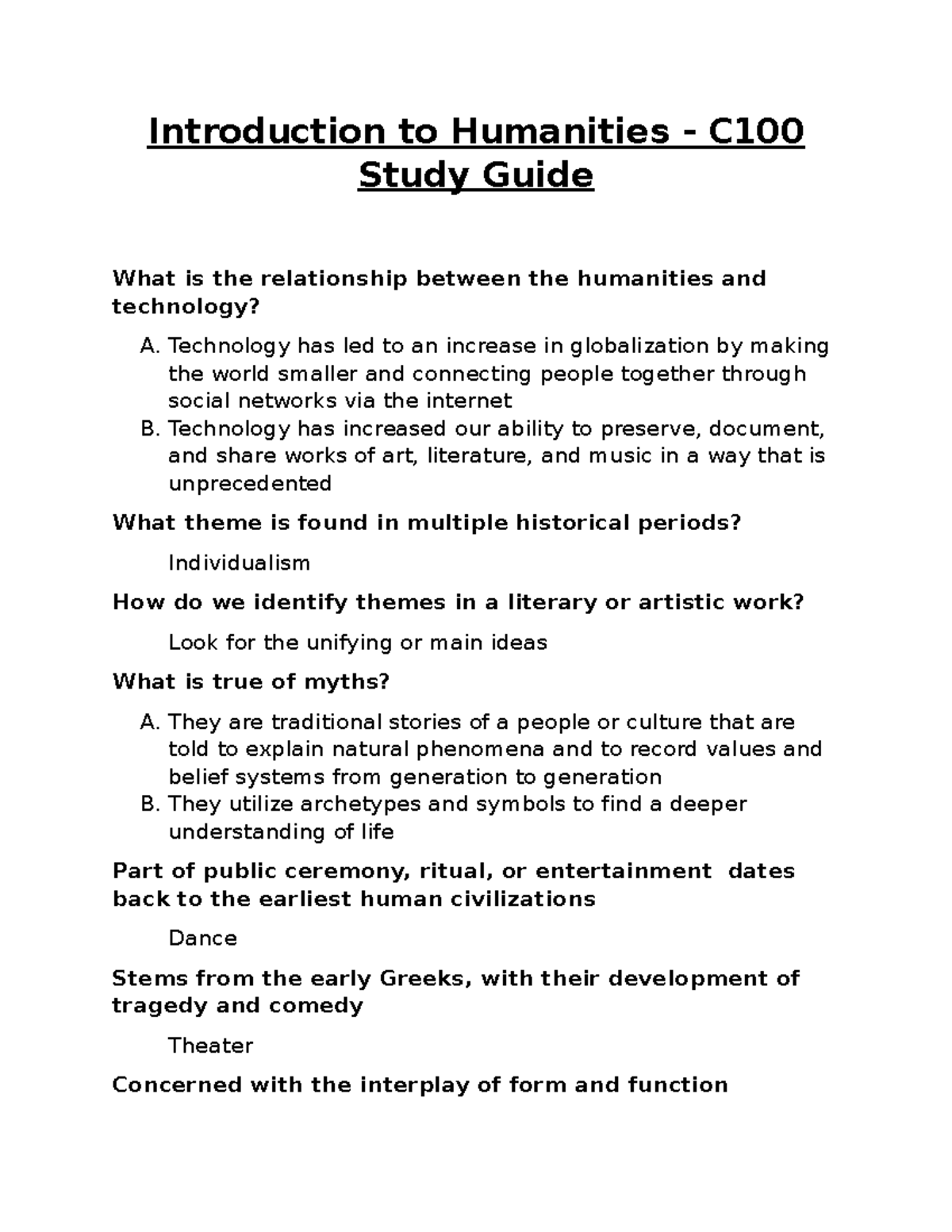Black Lives Matter is a powerful movement that has transcended borders, calling attention to the systemic racism and anti-Blackness that permeates societies worldwide. Among the nations often overlooked in discussions of race, Switzerland stands out, with its complexities uniquely explored by Jessie Cox in his insightful work, “Sounds of Black Switzerland.” This book takes readers through the intricacies of race in music, intertwining cultural narratives with music criticism to shed light on the Black experience in a predominantly white landscape. By examining Afrofuturism and the ongoing struggle against anti-Blackness, Cox opens a vital discourse on what it means to be Black in Switzerland today. As we navigate themes of identity and resistance, it becomes clear that understanding race in all its facets is not just important; it is essential.
The importance of racial equality and the recognition of African descent experiences have gained traction globally, particularly through movements like Black Lives Matter. In examining the socio-political dynamics of nations like Switzerland, artists and scholars alike challenge the traditional narratives surrounding race and identity. Jessie Cox’s recent examination of this topic highlights how musical expressions can serve as platforms for discussing race and cultural identity while addressing the specter of anti-Blackness in European contexts. By engaging with themes of Afrofuturism and addressing the intersections of race in music, we can better appreciate the diverse narratives that shape our understanding of Blackness. This broader perspective allows for a deeper exploration of how artistic practices can inspire change and foster communal dialogue about race and belonging.
The Importance of Black Lives Matter in Music Criticism
The phrase “Black Lives Matter” has become a rallying cry for social justice, resonating far beyond the borders of the United States. In the realm of music criticism, acknowledging this movement is crucial. It challenges critics to recognize how race and identity shape artistic expression and reception. Music students and scholars, like Jessie Cox, are compelled to explore these dynamics, particularly in contexts where Black voices have been historically muted, such as in Switzerland. By integrating the principles of Black Lives Matter into music analysis, critics can foster a more nuanced understanding of the cultural significance behind the art.
Moreover, the exploration of Black Lives Matter in music criticism encourages a re-examination of existing narratives that have often sidelined the contributions of Black artists. It confronts the longstanding issue of anti-Blackness in artistic dialogues and invites a more diverse array of perspectives into the conversation. Authors like Cox in “Sounds of Black Switzerland” emphasize the importance of creating space for Black stories, emphasizing that music is not just an art form but also a reflection of cultural struggles and triumphs. This intersection of activism and music criticism can transform how audiences engage with and understand the art.
Exploring Race in Music: Contextualizing Black Switzerland
Jessie Cox’s “Sounds of Black Switzerland” opens a critical dialogue about race in a uniquely Swiss context, addressing the challenges faced by Black individuals in a nation often perceived as racially homogeneous. The book investigates how Blackness is understood—or often misunderstood—in a society where discussions around race are typically suppressed. By contextualizing race within Swiss musical landscapes, Cox bridges the gap between Afrocentric narratives and local cultural expressions, highlighting how a lack of recognition can perpetuate anti-Blackness.
In the landscape of Swiss music, it becomes essential to explore how artists express their identities and experiences. The work of Nativ, a rapper mentioned by Cox, encapsulates this blend of local and global influences, illustrating how references to figures like Barack Obama can reflect broader aspirations for change within the community. By bringing these themes to the forefront, Cox not only contributes to Black studies but also illustrates the power of music as both a reflection of and a response to societal dynamics surrounding race. This exploration ultimately encourages a greater appreciation for the diversity within Swiss culture and the myriad experiences of Black individuals in the country.
Cox also emphasizes the concept of Afrofuturism as a lens through which to reimagine Black futures and possibilities. By integrating Afrofuturism into the discussion of Swiss identity, he showcases how music can envision new narratives that challenge oppressive historical contexts. Afrofuturism empowers artists to envision futures free from anti-Black oppression, allowing for a broader conversation on race that transcends geographic boundaries. This perspective not only enriches the understanding of Black identity in Switzerland but also aligns with global movements aiming for racial justice.
The Role of Afrofuturism in Modern Music
Afrofuturism serves as a vital framework for contemporary discussions about race, identity, and the future, especially within music. This artistic movement combines elements of science fiction, time travel, and historical narratives to imagine futures that are inclusive of Black voices and experiences. Artists who embrace Afrofuturism create works that not only challenge the status quo but also expand the possibilities for what Black representation can look like in mainstream culture. Jessie Cox’s teachings emphasize the revolutionary potential of Afrofuturism in music, presenting it as a vehicle for cultural critique and liberation.
Through Cox’s course, “Music to Re-imagine the World,” students engage with Afrofuturism as a means to reflect on their own experiences and cultural identities. This approach allows participants to explore the intersections of past injustices and future aspirations within a global context. Cox’s work highlights how Afrofuturism enables artists to transcend conventional storytelling, pushing boundaries to create more inclusive narratives. By fostering an understanding of Afrofuturism and its implications in music, listeners and creators alike can develop a deeper appreciation for the rich tapestry of Black experiences worldwide.
Challenging Anti-Blackness in Cultural Spaces
Anti-Blackness, often veiled under the guise of color-blindness, presents significant challenges within cultural spaces, including music. Jessie Cox’s work confronts these issues head-on, illuminating how the judiciary systems and societal norms in Switzerland contribute to the erasure of Black experiences. By addressing systemic barriers and biases in cultural representation, Cox advocates for a critical examination of how racial identities are perceived and understood in the predominantly white cultural landscape of Switzerland. This scrutiny is not only necessary for fostering equity but also for enriching the artistic landscape.
Cox’s examination extends beyond mere critique; he encourages readers to explore ways to disrupt these patterns of anti-Blackness through artistic expression. By uplifting Black artists and their narratives, he demonstrates how music can be a powerful medium for societal change. This not only empowers marginalized voices but also invites diverse audiences to engage with and learn from these experiences. Challenging anti-Blackness in cultural spaces paves the way for a more inclusive discourse that recognizes the necessity of Black lives and contributions, thereby fostering a richer, more comprehensive cultural tapestry.
Beyond Violence: Celebrating Black Culture in Music
While discussions around Black lives have often centered on violence and injustice, it is crucial to recognize the vast cultural contributions that extend beyond these narratives. Jessie Cox’s insights highlight the importance of celebrating Black culture in music, showcasing artists who infuse their work with themes of resilience, joy, and hope. For instance, the rapper Nativ’s uplifting lyrics capture the spirit of change and the potential for a brighter future, emphasizing that Black music is multifaceted and rich with possibility. This broader lens helps shift the narrative from one of victimhood to one of empowerment and creativity.
Cox’s book invites readers to explore a variety of musical expressions that illustrate the complexity of Black identity. By including discussions on contemporary Swiss artists alongside historical perspectives, he emphasizes the cultural richness that comes from embracing diverse stories within the Black experience. This approach not only honors past struggles but also recognizes the artistic innovations that arise from them. Ultimately, by celebrating the full spectrum of Black culture in music, Cox inspires a deeper understanding of Black lives and their significance in the global cultural narrative.
The Impact of Music Education on Racial Discourse
Music education plays a pivotal role in shaping how we understand race and identity within cultural contexts. Jessie Cox’s educational philosophy highlights the significance of integrating discussions about race into music curricula to foster a more holistic understanding of artistic expression. By incorporating themes such as Black Lives Matter and Afrofuturism into music courses, educators can empower students to critically engage with the complexities surrounding race in music. This approach encourages future musicians and scholars to not only create art but to also be active participants in the ongoing discourse about race and representation.
Moreover, music education can serve as a transformative space for learning about the intersections of social justice and creativity. By teaching students to recognize and challenge anti-Blackness and other forms of systemic oppression through music, educators can cultivate a generation of artists who are sensitive to the societal issues that inform their work. This educational framework nurtures critical thinking and empathy, equipping students with the tools necessary to contribute meaningfully to cultural conversations. Ultimately, a well-rounded music education that emphasizes the importance of race can lead to a more vibrant and inclusive artistic community.
Redefining Blackness in Contemporary Culture
Jessie Cox’s exploration of Blackness in his work invites a re-evaluation of what it means to be Black in contemporary culture. By situating his discussions within the specific context of Switzerland, he probes deeper into the notion of Black identity as both a personal and collective experience that evolves over time. This redefinition encompasses the struggles faced by Black communities while simultaneously celebrating their rich cultural contributions and innovative expressions within music. By challenging conventional narratives, Cox encourages a more nuanced understanding of Blackness that transcends geographical boundaries.
The redefinition of Blackness within Cox’s framework also aligns with the broader goals of movements like Afrofuturism, which seek to envision a world where Black identities are celebrated rather than marginalized. In this sense, Blackness is not merely a reaction to oppression but a source of creativity, strength, and agency. By articulating these ideas through music and scholarship, Cox contributes to a richer cultural narrative that recognizes the dynamic nature of Black experiences. This reconstruction of identity not only empowers Black individuals but also invites audiences to engage with and appreciate the diversity within Black culture, paving the way for a more inclusive understanding of race.
The Future of Black Studies in Music Academia
As institutions increasingly acknowledge the significance of Black studies in academia, the field of music is no exception. Jessie Cox’s contributions through the lens of Black Switzerland underscore the importance of integrating these perspectives into higher education programs. By offering courses focused on race, identity, and cultural expression in music, educators can prepare students to navigate and contribute to the evolving landscapes of these disciplines. The integration of Black studies into music academia not only enriches the curriculum but also positions these discussions within broader societal contexts.
Moreover, the future of Black studies in music academia hinges on fostering interdisciplinary collaborations that allow for a multifaceted exploration of race and culture. Engaging with disciplines such as sociology, history, and cultural studies can provide a more comprehensive understanding of the complexities surrounding Black identity in music. Cox’s work exemplifies how blending these disciplines can create a dynamic educational environment that inspires critical inquiry and artistic exploration. As Black studies continue to evolve within music academia, it holds the promise of cultivating more inclusive and reflective artistic practices that honor the diversity of Black experiences.
Frequently Asked Questions
How does the Black Lives Matter movement intersect with topics in Jessie Cox’s book, Sounds of Black Switzerland?
Jessie Cox’s book, Sounds of Black Switzerland, highlights the often overlooked realities of Black lives in Switzerland and discusses how these experiences resonate with the broader Black Lives Matter movement. By addressing anti-Blackness and advocating for the visibility of Black voices in predominantly white spaces, Cox contributes to the ongoing discourse around race, echoing the core tenets of Black Lives Matter.
What role does Afrofuturism play in the discussions of Black identity in Cox’s research?
Afrofuturism plays a significant role in Jessie Cox’s exploration of Black identity in his book. It serves as a framework for envisioning a future where Black lives are celebrated and acknowledged beyond the context of struggle. By incorporating Afrofuturism, Cox encourages readers to engage with the imaginative possibilities that arise when we consider Black culture and contributions in a positive light, aligning with the aspirations of the Black Lives Matter movement.
In what ways does ‘Sounds of Black Switzerland’ address anti-Blackness in its analysis?
In Sounds of Black Switzerland, Jessie Cox analyzes anti-Blackness through the lens of cultural erasure and color-blindness prevalent in Swiss society. He critiques systemic issues while also highlighting the resilience and creativity within Black communities, thereby linking his examination to the broader fight against anti-Blackness that the Black Lives Matter movement seeks to illuminate.
How can music criticism help promote the Black Lives Matter agenda?
Music criticism, as demonstrated in Jessie Cox’s work, can promote the Black Lives Matter agenda by amplifying Black voices, narratives, and artistic expressions. By critically engaging with music that reflects Black experiences and social justice themes, scholars and critics like Cox highlight the power of art in advocating for racial justice and equality, essential goals of the Black Lives Matter movement.
What significance does Jessie Cox place on racial discourse within the context of Black Switzerland?
Jessie Cox emphasizes the importance of racial discourse in his book to unveil the complexities of Black experiences in a nation like Switzerland, where discussions on race are often minimal. By fostering dialogue around topics such as Blackness, cultural identity, and systemic injustice, Cox aligns his work with the principles of the Black Lives Matter movement, encouraging a broader understanding and recognition of Black lives and histories.
| Key Points |
|---|
| Jessie Cox discusses the importance of addressing Blackness and race, particularly in Switzerland, where such conversations are often overlooked. |
| Cox’s book ‘Sounds of Black Switzerland’ aims to open discourse on Black experiences and contribute to Black studies. |
| The book combines cultural analysis with music criticism, exploring the concepts of Afrofuturism and anti-Blackness. |
| It references the impact of anti-Black violence in both the U.S. and Switzerland, utilizing music and art as a means to address these issues. |
| Cox emphasizes the potential of artistic practice to stimulate dialogue and envision new realities, encouraging collective growth and understanding. |
Summary
Black Lives Matter is a significant movement that urges society to recognize and address the systemic racism and violence faced by Black communities. Through initiatives like Jesscie Cox’s book, ‘Sounds of Black Switzerland,’ the plight and experiences of Black individuals are brought to the forefront, prompting crucial conversations about race and identity. By linking art and culture to discussions on anti-Blackness, Cox helps create a more inclusive narrative that celebrates the complexities and potential of Black lives everywhere.



